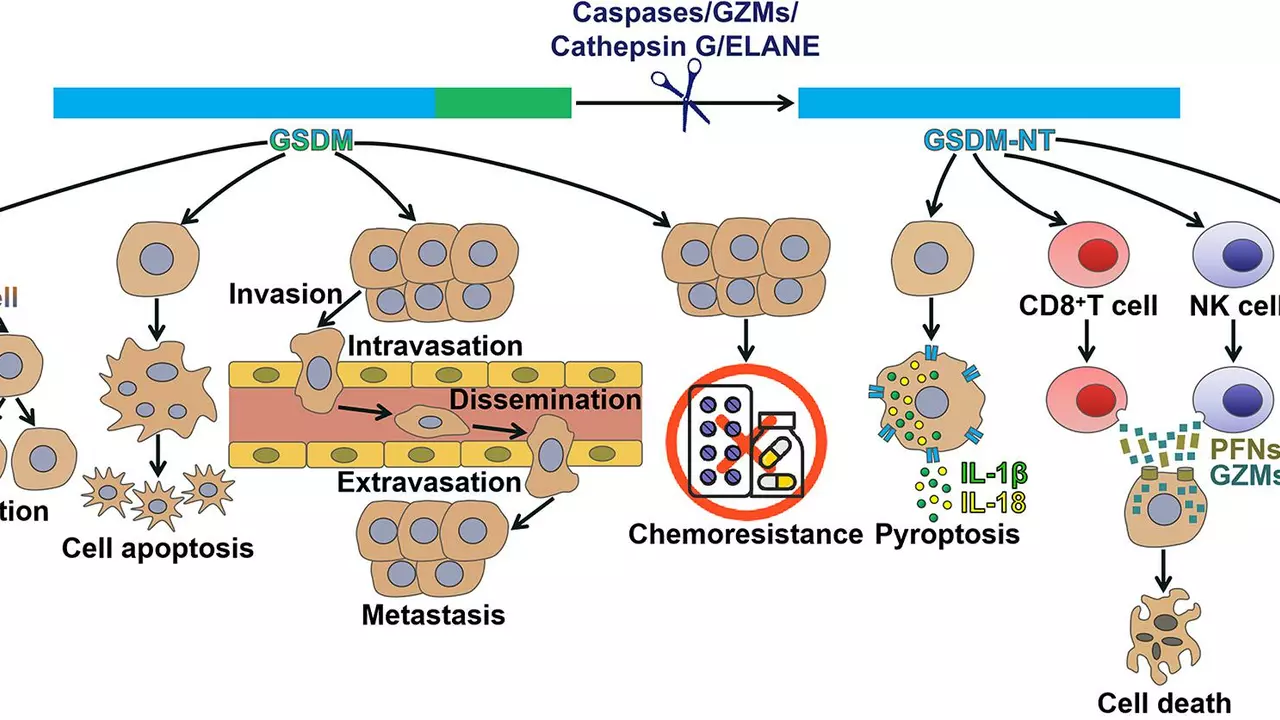Facing a cancer diagnosis can feel overwhelming, but knowing your options makes the journey less scary. From classic chemo to new immunotherapy shots, there’s a mix of treatments that work for different cancers and stages. In this guide we’ll break down the main types, point out common side‑effects, and share where you can get trustworthy help without the medical jargon.
Chemotherapy is still a go‑to for many solid tumors. It uses drugs that travel through the bloodstream to kill fast‑growing cells. You’ll hear terms like “cycle” or “dose,” which just mean a set of treatment days followed by rest. Side‑effects often include hair loss, nausea, and low blood counts, but modern anti‑nausea meds keep most patients comfortable.
Radiation therapy targets the tumor with high‑energy beams while sparing surrounding tissue as much as possible. It’s usually given in daily fractions over a few weeks. People often combine radiation with chemo to boost results, especially for head‑neck or lung cancers.
Immunotherapy is the buzzword of the last decade. These drugs train your immune system to spot and attack cancer cells. Checkpoint inhibitors like pembrolizumab have turned some once‑deadly cancers into manageable conditions. The side‑effects are different—think skin rash or mild fever—but they’re usually less harsh than chemo.
The best treatment plan depends on tumor type, stage, overall health, and personal preferences. Talk to an oncologist about clinical trials; many new drugs are only available through research studies. If you’re worried about cost, ask your doctor or a hospital financial counselor—they can point you to patient‑assistance programs that cover pricey immunotherapy infusions.
Support matters, too. Nutritionists help keep strength up during chemo, while mental‑health professionals tackle anxiety and depression that often accompany a cancer journey. Joining a local support group—online or in person—lets you hear real stories from people who’ve been there.
When it comes to medication safety, only use pharmacies that require a prescription and verify their licensing. Buying drugs from unknown online sources can lead to counterfeit pills, which may be useless or even dangerous.
Finally, keep track of your appointments, lab results, and side‑effect logs in a notebook or phone app. Having a clear record makes it easier for you and your care team to adjust treatment quickly if needed.
Cancer treatment is evolving fast, but the core idea stays the same: match the right therapy to each patient’s situation while managing side‑effects and quality of life. Use this guide as a starting point, ask questions, and lean on reliable resources—your health team, reputable pharmacies, and trusted support groups—to navigate the road ahead.

Capecitabine is turning heads for its role in managing brain tumors, especially for people who’ve run out of traditional options. This article digs into how this oral chemo drug fits into treatment plans, how it works differently in the brain, and what side effects you might see. Get practical tips on what to expect, how to talk to your doctor, and the latest study results. Find out when capecitabine might make sense and its possible benefits for brain tumor patients. Stay informed on how this medication could impact brain tumor care moving forward.
View more
In my latest research, I've discovered the promising future of cancer treatment lies in sorafenib-based therapies. Sorafenib, a potent kinase inhibitor, is demonstrating remarkable potential in treating various types of cancers. It's reshaping the way we approach cancer treatment by targeting and halting the growth of cancer cells. While it's already being used for liver and kidney cancers, ongoing studies are exploring its effectiveness against other forms. The future looks bright, and I'm excited to see how sorafenib will change the landscape of cancer treatment.
View more